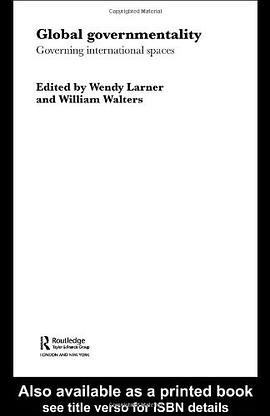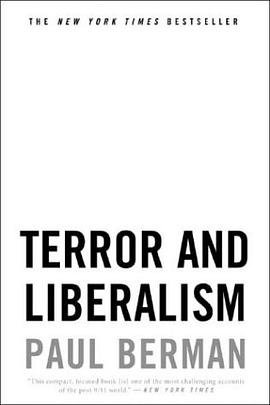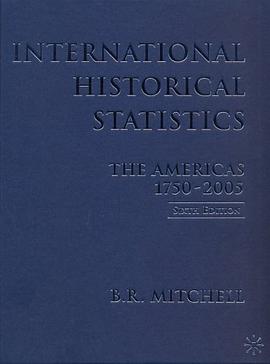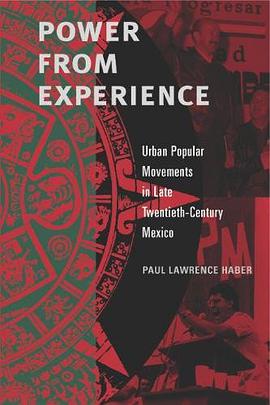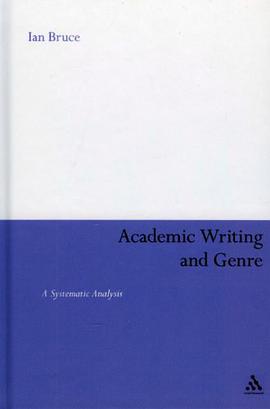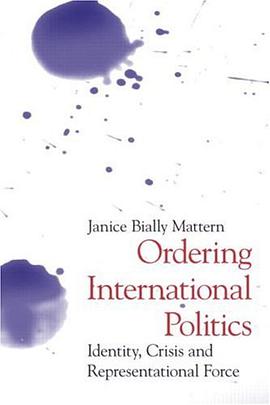

具体描述
Statesmen commonly speak of the ned to architect a nationally advantageous international order. But how does one go about doing this? Traditionally, scholars ahve advised that order is rooted in patterned struggles over material power and interests. Recently, however, there has been a focus on the order-producing effects of international identity. This study defends the 'identity turn' by addressing how a construct as contingent as international identity can nevertheless sustain order during the upheaval of international crises. Drawing on the linguistic and political philosophy of Jean Francois Lyotard Ordering International Politics develops an innovative discourse analytic method that empirically demonstrates that, in crisis times, states can (and do) use 'representational force' - a forceful, but nonphysica, form of power exercised through language - to stabilize international identity and in turn international order. Using the Anglo-American international order during the 1956 Suez Crisis as the empirical foil for this illustration, this study offers a concrete and highly readable example of how theoretical insights can make an important difference in historical interpretation and potentially in the contemporary practice of international affairs.
作者简介
目录信息
读后感
评分
评分
评分
评分
用户评价
相关图书
本站所有内容均为互联网搜索引擎提供的公开搜索信息,本站不存储任何数据与内容,任何内容与数据均与本站无关,如有需要请联系相关搜索引擎包括但不限于百度,google,bing,sogou 等
© 2025 book.quotespace.org All Rights Reserved. 小美书屋 版权所有



